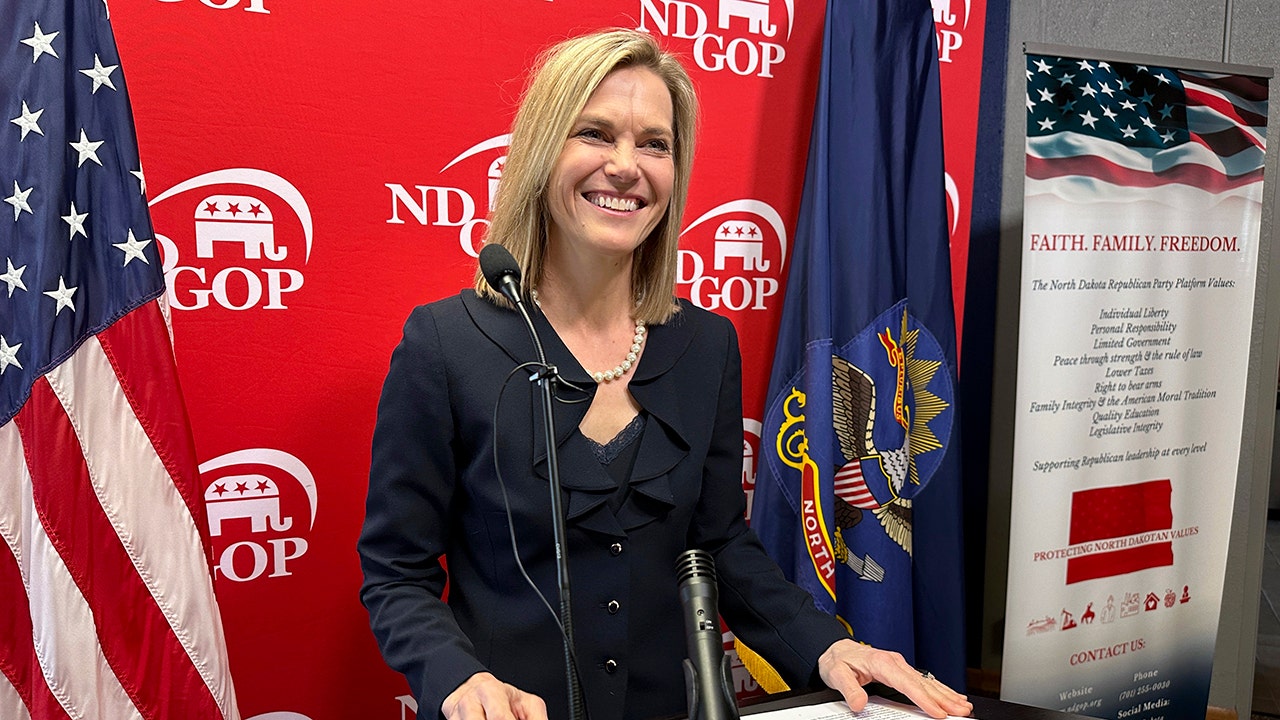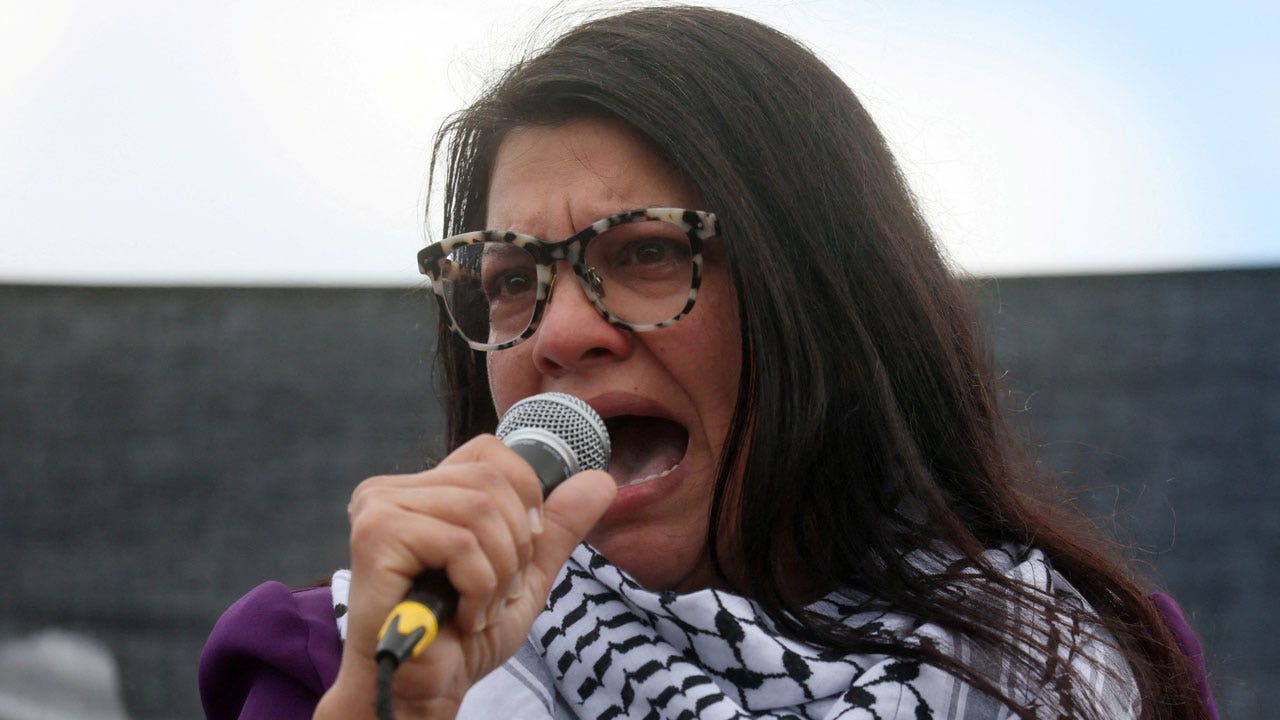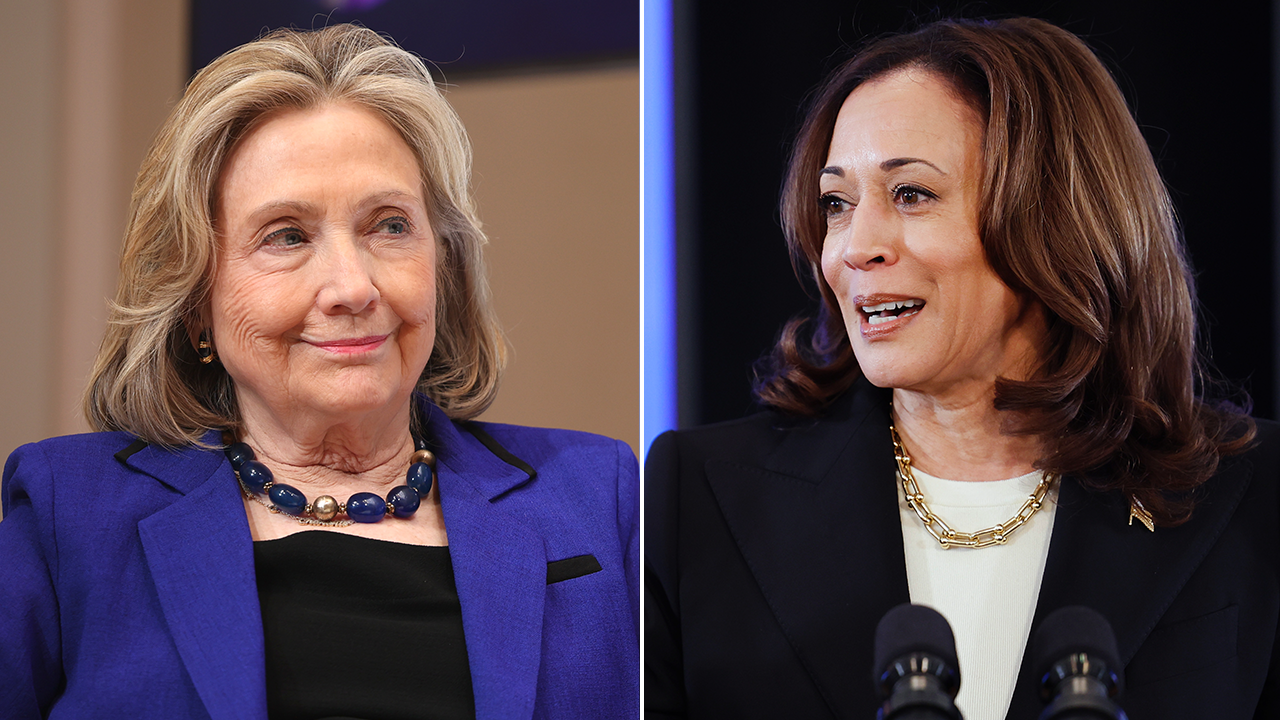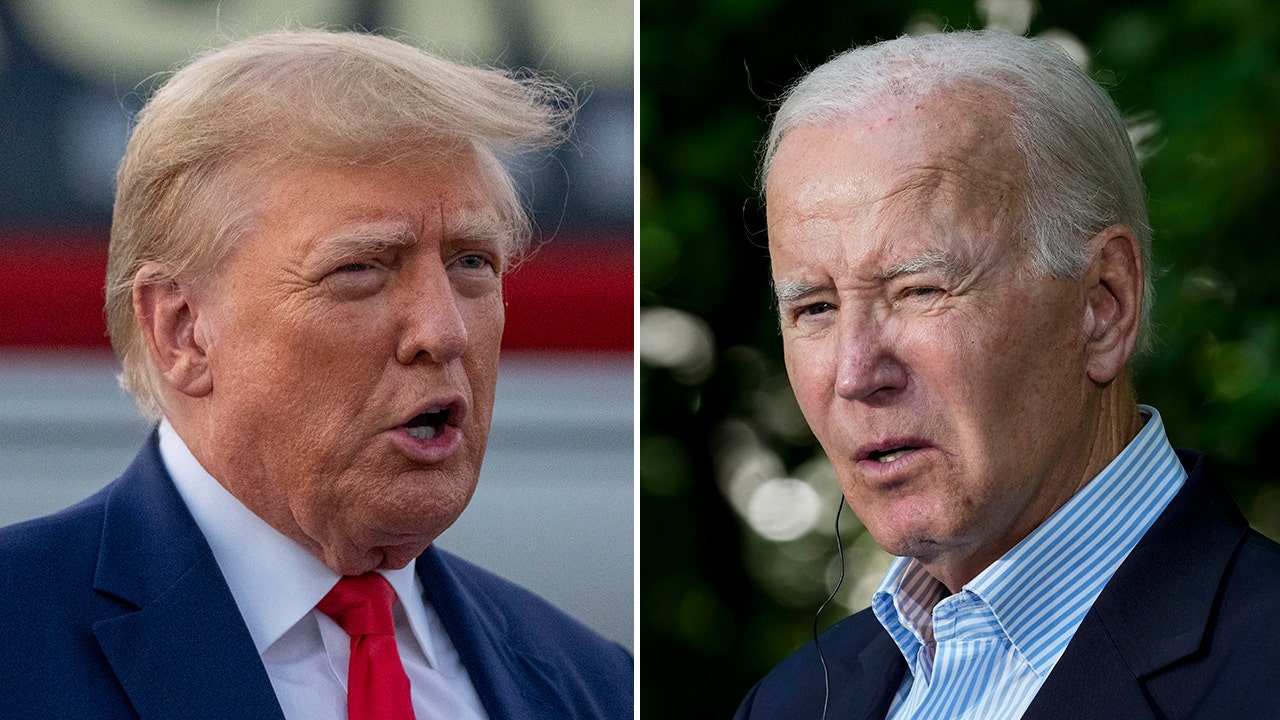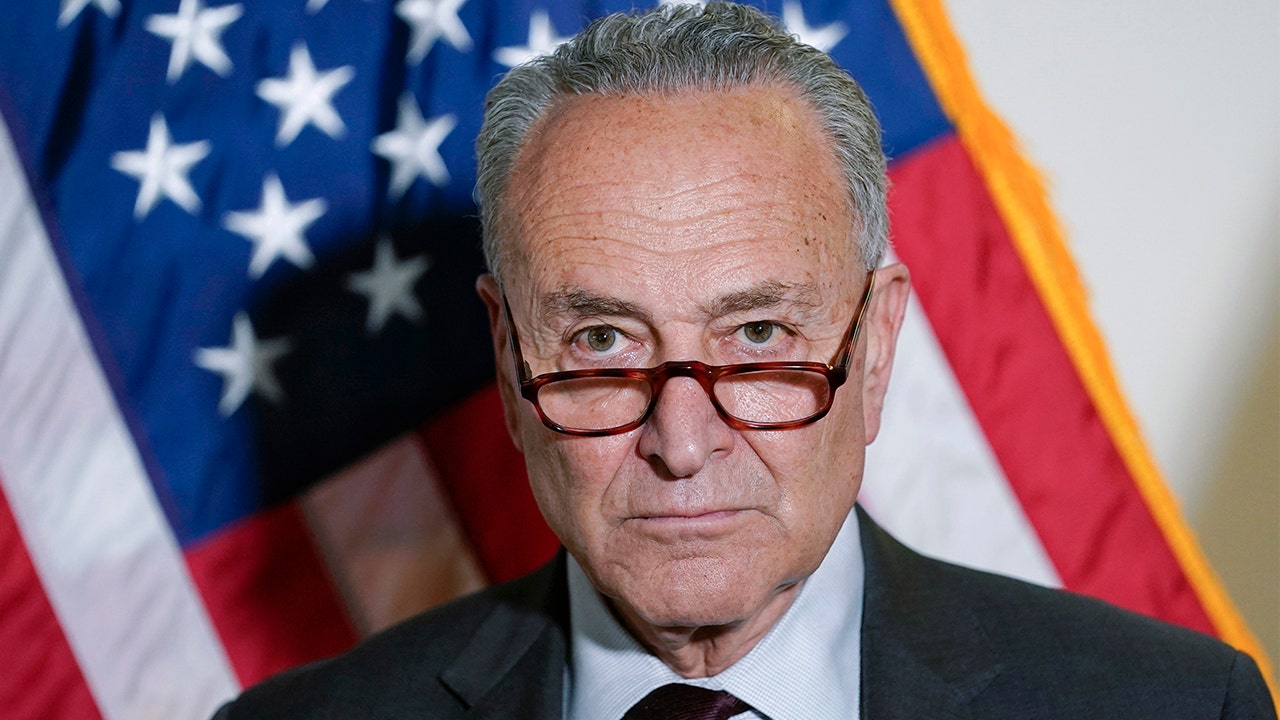North Dakota Public Service Commissioner Julie Fedorchak came away with the win in the state’s Republican primary for its at-large congressional district.
Fedorchak, who emerged as one of the favorites in the race, was up 46% to 29% when AP called the race.
The result all but wraps up what had become a heated contest for North Dakota’s lone congressional seat, though Fedorchak will still have to fend off a Democratic challenger in November. But the climb for Democrats in the state is a steep one, with the party being unable to win a statewide election in North Dakota since 1988.
CRUCIAL PRIMARY RACES TO BE DECIDED TUESDAY, SETTING UP FIGHT FOR BALANCE OF POWER

Julie Fedorchak in her official North Dakota Public Service Commission portrait photo. (North Dakota Public Service Commission)
Fedorchak emerged with the victory over state Rep. Rick Becker and military veteran Alex Balazs. Balazs, who Ballotpedia notes served in the Air Force, Army, and Navy, had earned the endorsement of the state’s Republican Party ahead of the race.
Becker, who was at one time a plastic surgeon, had the backing of former Rep. Ron Paul, R-Texas, and his son, Sen. Rand Paul, R-Ky., while also garnering support from House Freedom Caucus Chairman Bob Good.
Fedorchak, meanwhile, earned powerful endorsements from former President Donald Trump, outgoing Republican Gov. Doug Burgum, and Sen. John Hoeven, R-N.D.
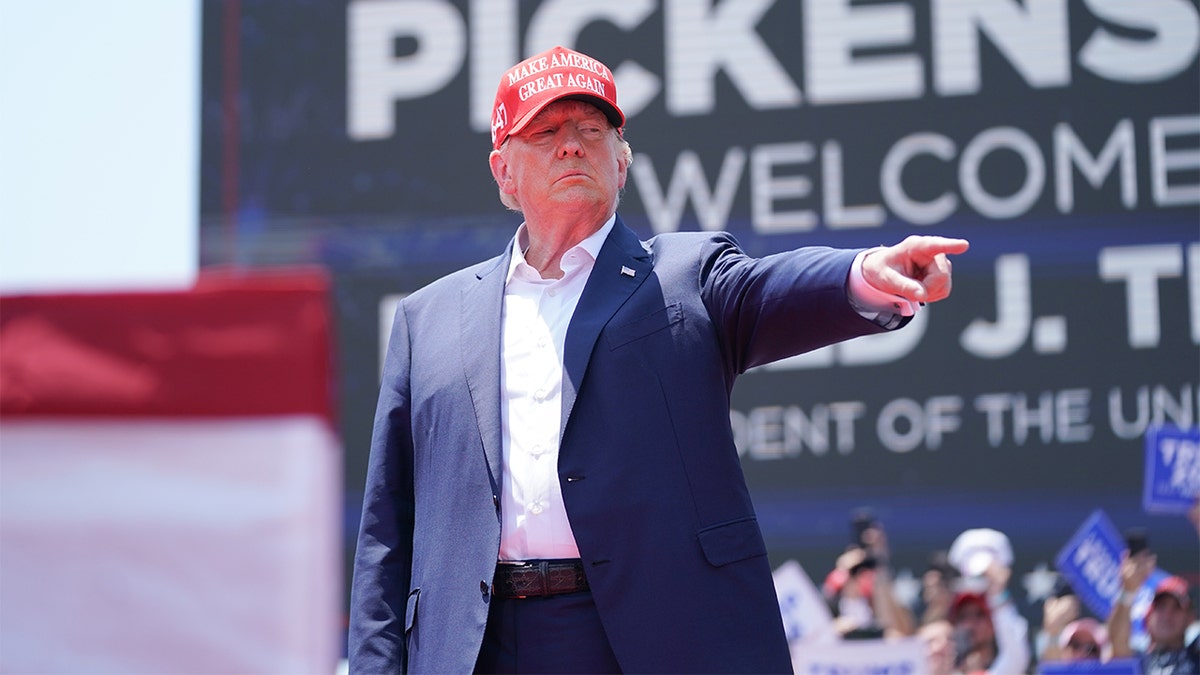
Former President Trump gestures to the crowd at a campaign event on July 1, 2023 in Pickens, South Carolina. (Sean Rayford/Getty Images)
TRUMP ENDORSEMENT IN KEY BATTLEGROUND STATE ANOTHER VICTORY FOR SENATE GOP CAMPAIGN CHAIR
The heated race was made possible by the decision of three-term Rep. Kelly Armstrong to forgo seeking re-election to Congress and instead opting to run for governor in the state. Burgmum, the state’s two-term governor who many observers consider to be one of the top contenders to be Trump’s running mate in November, opted not to seek a third term.
Armstrong, who earned Trump’s endorsement in the face, squared off in the GOP primary against Lt. Gov. Tammy Miller, who earned the Burgum endorsement.

North Dakota Gov. Doug Burgum speaks during a campaign rally for former President Trump on May 11, 2024, in Wildwood, New Jersey. (Michael M. Santiago/Getty Images)
CLICK HERE TO GET THE FOX NEWS APP
Voters in North Dakota were also tasked with deciding the fate of a high-profile ballot initiative during primary voting, which would ban anyone from running for U.S. House or Senate if they would turn 81-years-old during their term.
